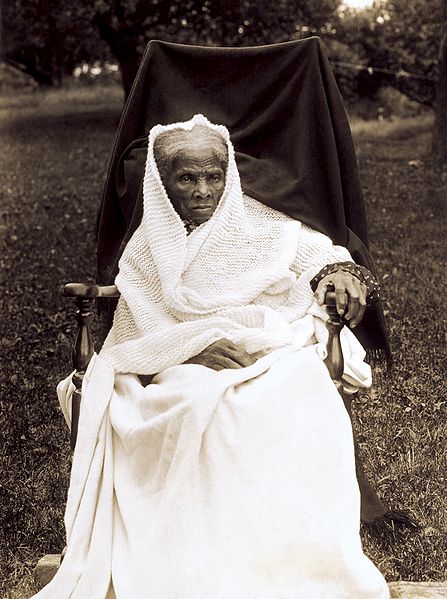After widespread backlash from historians, educators, and the public, the National Park Service (NPS) has reinstated a prominent photo and quote from Harriet Tubman on its Underground Railroad webpage.
The move reverses controversial edits that critics say diminished Tubman’s role and downplayed the brutality of slavery.
Until mid-February, the webpage began with a large photo of Tubman — one of the most celebrated “conductors” of the Underground Railroad — alongside a powerful quote reflecting her personal experiences helping enslaved people escape to freedom.
But those elements were quietly replaced in February with an image of commemorative stamps featuring five abolitionists, including Tubman, and text that emphasized “Black/White Cooperation” while omitting her quote entirely.

The revised text also watered-down the impact of slavery, failing to mention it until the third paragraph, and removed references to the Fugitive Slave Act of 1850, a key historical context for understanding the dangers and legal challenges faced by escapees and those who helped them.
The Washington Post first reported the changes on Sunday, and later widely trumpeted by ShineMyCrown.Com, triggering swift and strong criticism.
“Both offensive and absurd,” historian Fergus Bordewich told CNN, speaking to the erasure of Tubman’s critical place in American history.
Responding to the uproar, the NPS said on Monday that the changes were “made without approval from NPS leadership nor Department leadership,” and the page was “immediately restored to its original content.”
Critics saw the change as part of a broader pattern of historical revisionism amid the federal government’s retreat from diversity, equity, and inclusion (DEI) initiatives under the Trump administration.
Previous changes to NPS narratives about Black history — including slavery, Jim Crow, and the civil rights movement — have raised concerns about the politicization of historical interpretation on government platforms.
In an earlier statement defending the edits, a spokesperson said the changes didn’t reflect a shift in the agency’s commitment to telling “complex and challenging historical narratives.” They pointed to the two National Historical Parks named in Tubman’s honor and a dedicated webpage about her life, which remains unchanged as of Jan. 28, 2025.
Tubman, who escaped slavery in Maryland and later made over a dozen missions to rescue more than 70 enslaved people, remains an enduring symbol of courage, resistance, and sacrifice.
Her restored quote and image reinstates her profound impact on American history.
